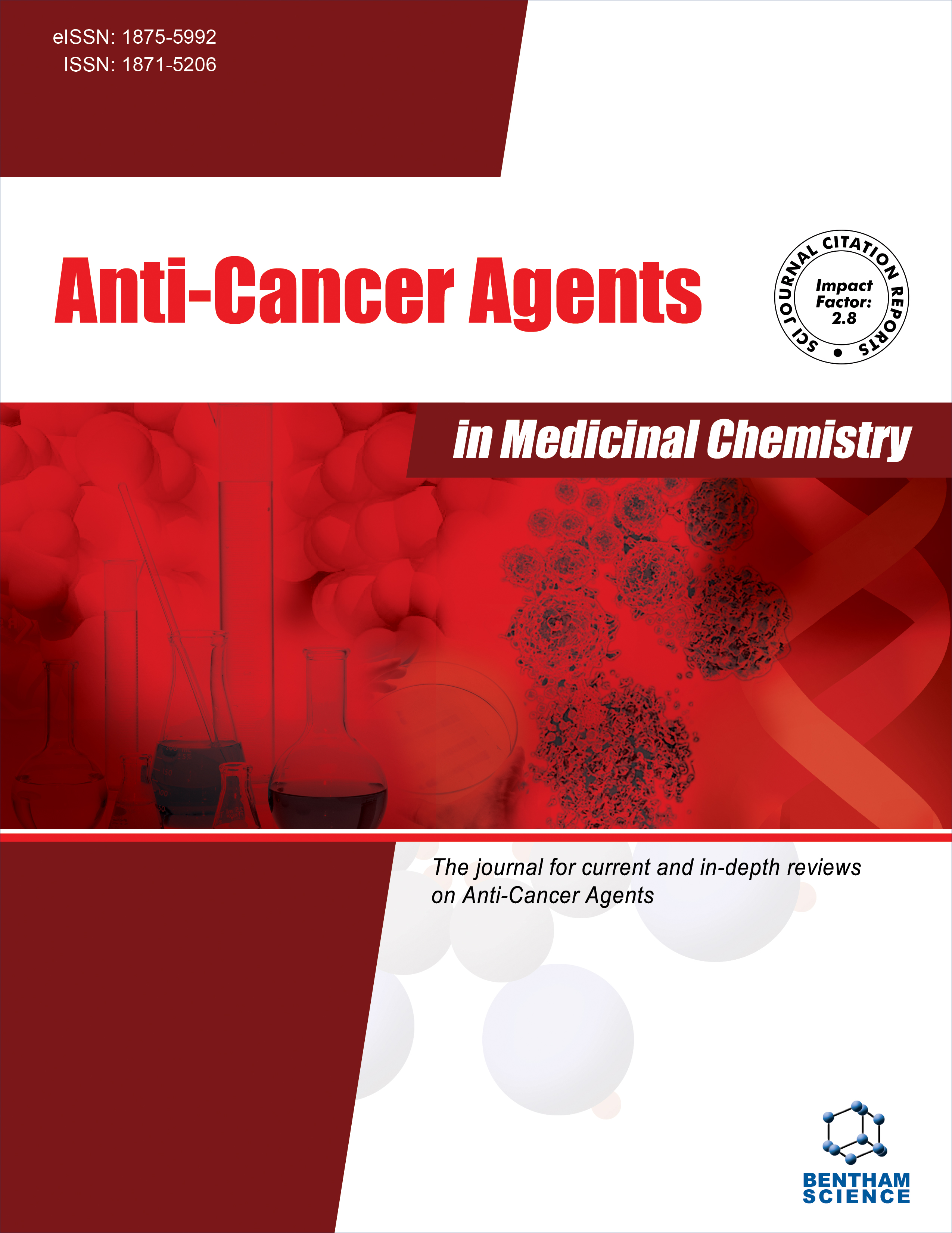
Full text loading...

Melanoma, an aggressive skin cancer, has seen treatment advancements with immune checkpoint inhibitors (ICIs) like ipilimumab and nivolumab. Despite improved survival rates, resistance remains a challenge. The recent focus on lymphocyte activation gene-3 (LAG-3) inhibitors, such as relatlimab, shows promise in combination therapies, potentially improving outcomes with fewer adverse effects. This review evaluates the safety and efficacy of anti-LAG-3 antibodies in melanoma treatment.
This systematic review and meta-analysis, following the PRISMA guidelines and registered in PROSPERO (CRD42024565756), assessed anti-LAG-3 antibodies in melanoma treatment. A thorough search across PubMed, Embase, Scopus, and Web of Science up to January 2024 yielded relevant studies. Data on study characteristics, patient demographics, disease characteristics, treatment details, and clinical outcomes were extracted. Quality assessment was performed using the MINOR criteria. The meta-analysis, using STATA and random-effects models, addressed heterogeneity to determine safety and efficacy outcomes.
We examined the clinical benefit of this combination therapeutic approach by measuring several primary endpoints and running a meta-analysis to determine the pooled estimate of 6-month progression-free survival (PFS), 1-year PFS, 6-month duration of response (DoR), 1-year DoR, 1-year overall survival (OS), 2-year OS, partial response (PR), complete response (CR), objective response rate (ORR), disease control rate (DCR), stable disease (SD), and progressive disease (PD) for patients diagnosed with melanoma. Our analysis showed 66% of any grade treatment-related adverse events (trAEs) (95% CI: 51%-81%), 19% of grade ≥ 3 trAEs (95% CI: 11%-27%), 12% of any grade AEs leading to discontinuation (95% CI: 9%-14%), and 8% of grade ≥ 3 AEs leading to discontinuation (95% CI: 6%-10%). 76% of any grade overall AEs (95% CI: 34%-100%), and 33% of grade ≥ 3 overall AEs (95% CI: 15%-50%). The most common AEs were fatigue, pneumonitis, rash, pruritus, colitis, hepatitis, diarrhea, hypothyroidism, thyroiditis, and adrenal insufficiency.
This systematic review and meta-analysis provide comprehensive evidence regarding the safety and efficacy of anti-LAG-3 antibodies in melanoma therapy. Pooled data reveals encouraging outcomes across several key endpoints, including PFS, OS, and ORR. While trAEs were common (66% for any grade and 19% for grade ≥3), most were manageable.
Anti-LAG-3 therapy is an active and safe treatment that shows promising results in melanoma treatment.